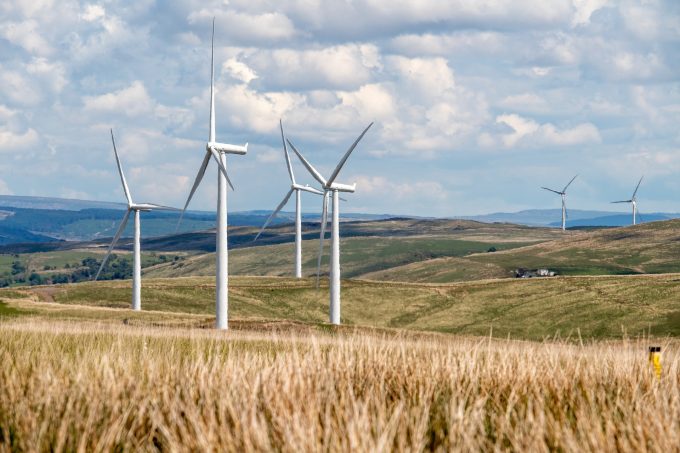The Renewables Infrastructure Group (TRIG) has welcomed the government’s decision not to introduce zonal energy pricing but called on ministers to speed up “pressing” reform of a national electricity grid clogged by delays and a lack of capacity.
“With zonal’s shadow lifted, policymakers must now turn their focus squarely onto grid reform to unlock infrastructure delivery and flexibility mechanisms to meet the UK’s clean power ambitions,” said Minesh Shah, TRIG fund manager at InfraRed Capital.
Energy secretary Ed Miliband confirmed the government’s decision to reform the existing national pricing system rather than split the country into different zones.
Under a proposal consulted on for two years, electricity users in the south could have paid more than those in Scotland as an incentive for businesses to relocate to areas with more generation resources.
However, officials were reportedly concerned that it could discourage investors from backing the dramatic extension of renewables that Labour wants to hit its 2030 clean energy target.
Miliband said, “the government has concluded that reforming the system while retaining a single national wholesale price is the right way to deliver a fair, affordable, secure and efficient electricity system.”
The announcement follows this month’s provisional approval from energy regulator Ofgem to an initial £24bn investment programme to improve the UK’s gas and electricity networks.
Spending on the grid is to rise by four times current levels to allow 80 transmission projects to be completed in five years and increase capacity to handle the flow of electricity from renewable sources.
Shah, in charge of a £2.1bn renewables portfolio whose battery storage projects faced long connection delays due to the gridlock, said the extra investment could cut “constraint costs” by more than two thirds by 2030, a potential £9bn annual saving.
The capital to provide batteries that can balance the system and reduce electricity bills was there, he said. “What’s needed now is speed, certainty, and a policy environment that enables delivery.”
Deutsche Numis analyst Colette Ord said the news should be positive for investment companies with wind-biased portfolios, such as Greencoat UK Wind (UKW) and TRIG, where zonal pricing would likely have caused additional variability and uncertainty to their revenues.
“UKW shares have been the weakest performers in the renewable peer group year to date with a TSR [total shareholder return] of -0.3% compared to +9.2% for the wider peer group. TRIG shares have fared better given the greater technology and geographic diversification but should still react positively to the news,” said Ord.
The market’s initial response was tepid with shares in TRIG and battery fund Gresham House Energy Storage (GRID) marked slightly lower and UKW edging 0.7% higher. The three stand on discounts of 19%-30% reflecting the tough time renewables infrastructure funds have had as interest rates have risen amid a volatile period for power prices following Russia’s invasion of Ukraine three years ago.
